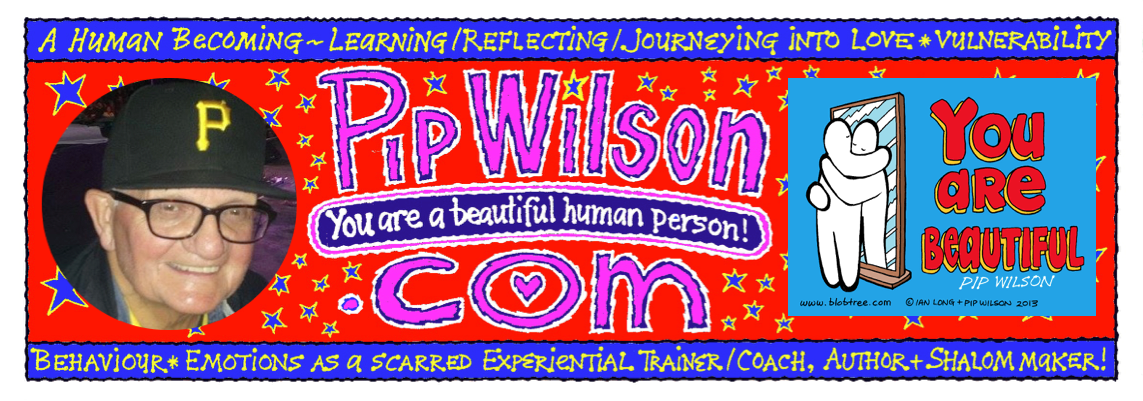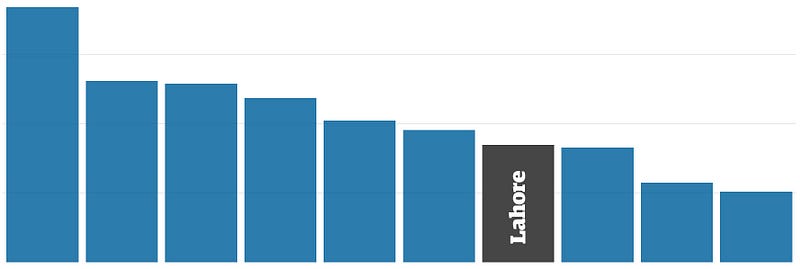Children living in poverty are more likely to be solitary and have problems with friendships, research has revealed.
Youngsters who have experienced poverty are three times as likely as those who have never been poor to fall out with their friends “most days”, according to a report published by the National Children’s Bureau.
The study found that more than a third of children in persistent poverty showed a tendency to play alone, compared with a quarter of children who have never experienced poverty.
Poor children are four times more likely to fight with or bully others than their more affluent peers and are also twice as likely to report being bullied frequently, the report showed.
“Having good friends and a happy family life is a cornerstone of positive childhood experiences,” said Enver Solomon, director of evidence and impact at the National Children’s Bureau.
“Our research confirms that living in persistent poverty is linked with factors that can undermine these relationships, with a higher risk of experiencing problems like bullying, falling out with friends or having difficulty confiding in others.”
The National Children’s Bureau carried out the study in partnership with the Joseph Rowntree Foundation, a social research charity.
The report found that children from deprived households are as happy overall with their family and friends as other children, but are less likely to talk to someone at home about their worries. Approximately 58% of poorer children said they talked to their mothers about things they cared about, compared with 67% of children who have never faced poverty.
Poverty could have a “damaging impact” on children’s performance at school and their future prospects, the report warned.
Chris Goulden, head of policy and research at the Joseph Rowntree Foundation, said: “Reducing child poverty will help to boost children’s life chances and is a vital part of the ‘all-out assault on poverty’ promised by David Cameron. We need a comprehensive strategy to make sure children, young people and parents do not get stuck in poverty and parents are prevented from falling into poverty in the first place.”
The charity called for a cap on childcare costs for low- and middle-income families, and family hubs to provide support for parents, including antenatal services and financial advice.

























